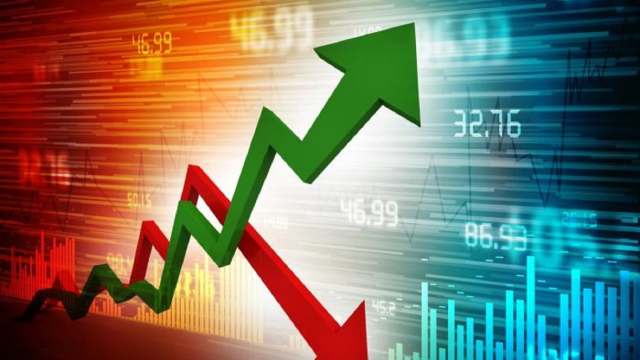Nigeria’s inflation rate recorded a seventh consecutive monthly rise to 18.6 percent in June.
This represents a 0.9 percent point rise when compared to 17.7 per cent recorded in May.
The National Bureau of Statistics, NBS, disclosed this today in its Consumer Price Index, CPI, Report which also stated that food inflation also increased by 1.1 percent point to 20.6 per cent from 19.5 per cent in May.
The bureau stated:”In June 2022, the inflation rate increased to 18.60 percent on a year-on-year basis. This is 0.84 percent points higher compared to the rate recorded in June 2021, which is 17.75 percent.
” Increases were recorded in all COICOP divisions that yielded the Headline index. “On a month-on-month basis, the Headline inflation rate increased to 1.82 percent in June 2022, this is 0.03 percent higher than the rate recorded in May 2022 (1.78 percent) .”
On food inflation NBS said:”The composite food index rose to 20.60 percent in June 2022 on a year-on-year basis; the rate of changes in average price level declined by 1.23 percent compared to 21.83 percent in June 2021.
“The rate of changes in food prices compared to the same period last year was higher due to higher foods prices volatility caused by COVID 19.
“This rise in the food index was caused by increases in prices of Bread and cereals, food products, potatoes, yam, and other tubers, meat, fish, oil and fat, and wine.”
Meanwhile, Economist and financial analyst have projected further inflationary pressure in the remaining half of the year citing the negative impact of the first half of the year.
Financial analysts at CardinalStone in their 2022 Mid-Year Macroeconomic Outlook said:” We see scope for sustained inflationary pressures in H2’22 due to the negative impact of the prior year’s low base.
“In addition, we see less respite for energy costs in the near term, with diesel and gas prices poised to stay elevated.”
In their H1’22 Macro-economy review analysts at Cowry Assets Management Plc noted that hyper inflation would among other things lead to desperation/survival modes and susceptibility to get-rich quick schemes adding that the price level will remain elevated.
They said:”Hyper-inflation will lead to a drop in Purchasing power, decline in aggregate demand with attendant slowdown in productivity and employment, desperation/survival modes and susceptibility to get-rich quick schemes.
“Higher energy prices and rising global food insecurity will keep inflation risk elevated.”







